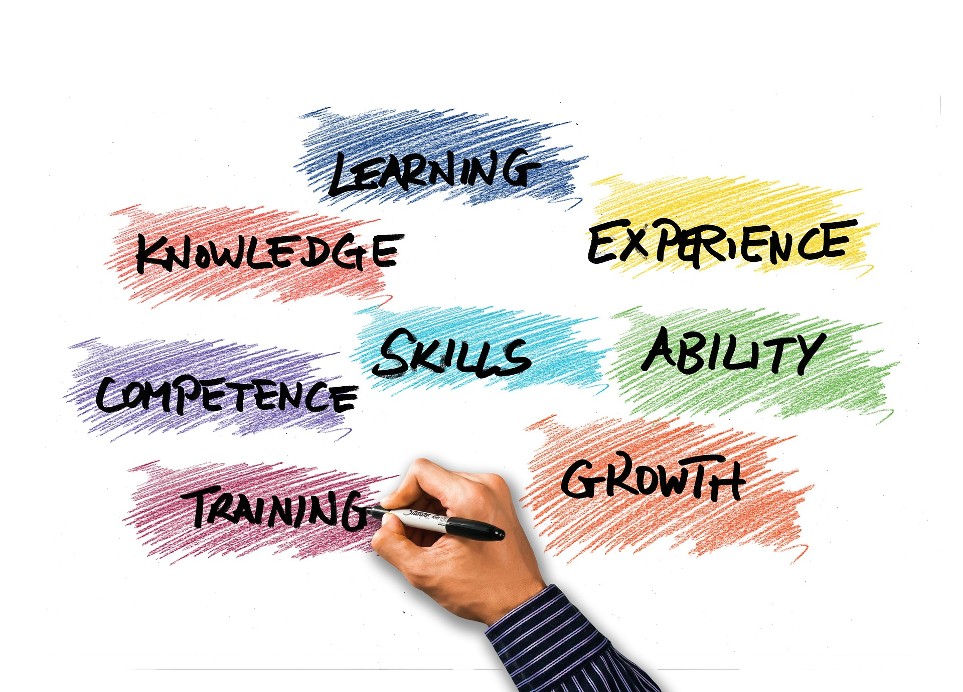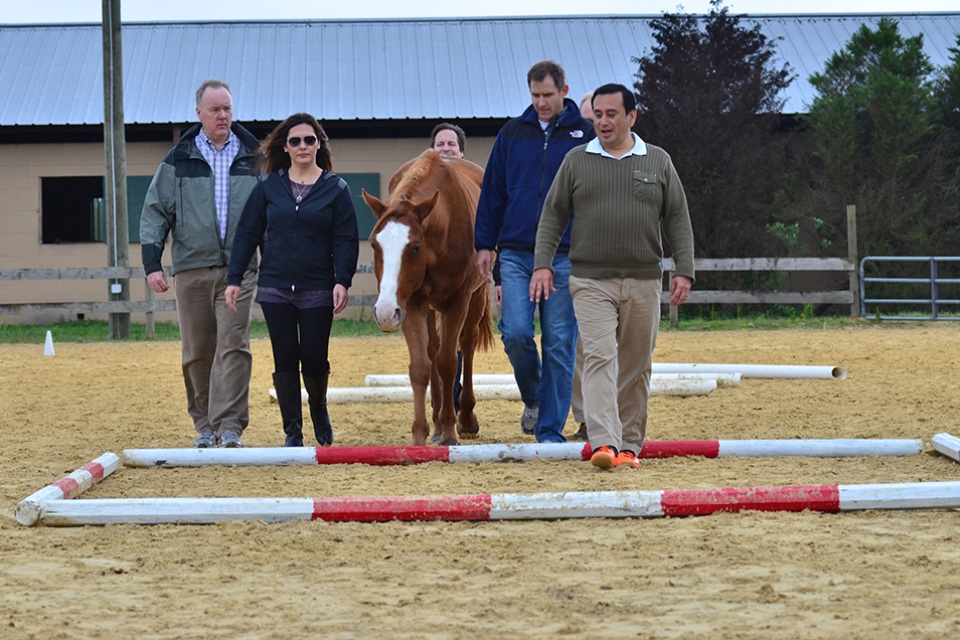HR management requires a wide and varied skill set. Not only do you need industry-specific know-how regarding recruitment, payroll and policy, but you also need to be an accomplished leader, communicator and people manager.
When so many different skills can be useful, trying to decide where to focus your personal development efforts can be difficult. If you’re looking for somewhere to get started, here are three of the top skills that HR Managers should be developing to grow in their roles.
Decisive Thinking
When you’re in a managerial position, being decisive is essential. You have the authority to make decisions and others will be relying on you to lead them, so when it comes down to it you need to feel confident in making choices and being held accountable for their outcomes.
As well as thinking decisively for your company, you also need to be able to make decisions and organise yourself efficiently. A manager should be confident in handling their workload and delegating tasks to ensure the best possible outcome, as well as understanding how they work best and creating the optimum conditions to do this.
Improving your decisive thinking skills begins with gaining more confidence in yourself and using the authority that comes with your role to back up the decisions you make. You can also hone these skills by helping others in your team to work more efficiently and decisively, which will improve the overall performance of your team.
Constructive Communication
We’ve already touched upon the importance of communication in the HR industry, but if you really want to hone these skills then having constructive and sometimes critical conversations is what you should focus on.
It may depend on the specifics of your role, but most HR managers will need to have difficult conversations with employees at some point, as well as potentially navigate discussions where you need to disagree or push a tricky point across. You’ll need the confidence in yourself that we discussed in the last point, but also the skills to navigate difficult conversations with empathy and openness so that you get the best possible outcome whilst making everyone feel understood and valued.
Active listening plays a key part in constructive communication, as you’ll need to properly understand the other person’s point of view if you’re discussing opposing sides of an argument. Not only will this show that you’re willing to consider their points, but it also means that you’re likely to reach a more mutually satisfying conclusion.
Reflection and Self Assessment
Finally, reflection and self-improvement are very important skills for an HR Manager. If you want to develop in your role then you need to be able to take a critical look at where you are now and identify what needs to change to help you reach your goals.
Reflection can be easier if done in a conversational format where another colleague asks you questions about your progress, skills and setbacks or offers their opinion on your strengths and weaknesses at work. It might also be useful to schedule regular self-assessment sessions with yourself so that you have frequent opportunities to reflect and a set timeframe to try and make progress within.
If self-reflection is something you struggle with, it can be useful to undertake professional development courses in self-assessment or goal-setting, that can be completed via e-learning and will give you the foundation and frameworks needed to confidently evaluate your performance.
Conclusion
If you want an edge as an HR manager then you need to develop more than just the basic soft skills that are useful in the role. Self-confidence and self-awareness are key to demonstrating authority and making impactful decisions, empathetic but assertive communication will lead to much more productive conversations, and a reflective mindset and drive to improve will ensure that you don’t become stagnant in your role.






